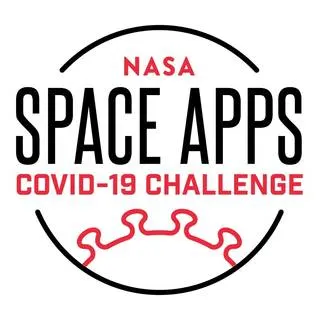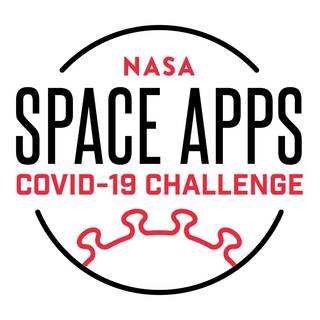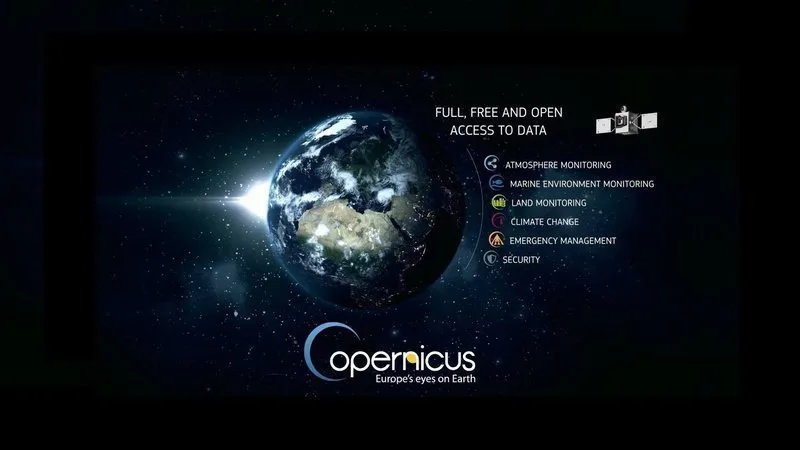
International space agencies plan hackathon to tackle COVID-19 pandemic
 US space agency NASA, European Space Agency (ESA), and the Japan Aerospace Exploration Agency (JAXA) are cobbling together to launch a global, virtual hackathon on May 30-31. Called the Space Apps COVID-19 Challenge, the hackathon would see participants use open earth observation data to develop solutions for issues related to the COVID-19 pandemic.
US space agency NASA, European Space Agency (ESA), and the Japan Aerospace Exploration Agency (JAXA) are cobbling together to launch a global, virtual hackathon on May 30-31. Called the Space Apps COVID-19 Challenge, the hackathon would see participants use open earth observation data to develop solutions for issues related to the COVID-19 pandemic.
Coders, entrepreneurs, scientists, designers, storytellers, artists, and technologists are expected to create virtual teams during the 48-hour period and leverage the unique EO data collection capabilities of NASA and its partner space agencies to aid the understanding of different aspects of COVID-19 outbreak.
The organizers have zeroed down on the following thematic areas for the challenge:
- Learning about the virus and its spread using space-based data
- Local response/change and solutions
- Impacts of COVID-19 on the Earth system/Earth system response
- Economic opportunity, impact, and recovery during and following COVID-19
NASA has been organizing global hackathons, known as Space Apps Challenge, in cities around the world since 2012. Last year, more than 29,000 participants showed up at 225 events in 71 countries to develop over 2,000 solutions over the course of a single weekend.
This year, the Space Apps COVID-19 Challenge is being launched as a special virtual edition of that initiative, providing a unique platform for international collaboration in the space industry.
Also see: ESA offers weekly cash prizes for ideas on using EO data to fight COVID-19
Thomas Zurbuchen, an associate administrator for NASA’s Science Mission Directorate, says, “There’s a tremendous need for our collective ingenuity right now. I can’t imagine a more worthy focus than COVID-19 on which to direct the energy and enthusiasm from around the world with the Space Apps Challenge that always generates such amazing solutions.”
Josef Aschbacher, Director of Earth Observation Programmes at ESA, echoes Zurbuchen’s thoughts. “The pandemic crisis has a worldwide impact, therefore international cooperation and sharing of data and expertise with partners like NASA and JAXA seem the most suitable approach,” Aschbacher says. ESA has also promised that the best ideas presented at the hackathon will be scaled up to a global level.
Registrations for the Space Apps COVID-19 Challenge will open in mid-May. Go to the event website to know more.
If you enjoyed this article, read more and subscribe to our monthly newsletter!







